Germany's Foreign Minister Annalena Baerbock arrived in Kyiv on Monday as part of an unannounced visit to pledge support ahead of the pivotal U.S. election.
The result of the presidential race could significantly impact U.S policy toward Russia's invasion, as Ukraine heads into its third winter on the battlefield.
As Ukraine's second-largest weapons supplier after the U.S., Germany remains committed to supporting the embattled nation and the visit underscores European support for Ukraine
"Together with many partners around the world, Germany stands firmly by Ukraine's side," Baerbock said, while reported by German news agency, dpa. "We will support the Ukrainians for while long while they need us so that they can continue on their path to a just peace."
She added: "We are countering this brutality with our humanity and support, so that Ukrainians cannot only survive the winter, but so that their country can survive. Because they are also defending the freedom of all of us in Europe."

Republican presidential nominee, former President Donald Trump, has made clear his lukewarm relationship with NATO, and that he is unhappy with U.S spending on Ukraine. He has also claimed that he could end the war in "24 hours".
Democratic candidate and Vice President Kamala Harris, meanwhile, has pledged to continue working with NATO and the EU to achieve victory in Ukraine.
She says she will continue to pressure European countries to meet their target of paying 2% of their GDP to NATO—which many of them have not been doing,
Baerbock arrived in the Ukrainian capital by special train on Monday morning, a move that was not announced in advance for security reasons. It marks her eighth trip to since the start of the Russian invasion in February 2022.
The war has reached a critical juncture, with Russian forces making gradual advances on the battlefield while Ukraine braces for another harsh winter, following relentless attacks on its power infrastructure.
Will Ukraine Join NATO?
In this challenging context, President Volodymyr Zelensky has been working to solidify long-term Western support, advocating for Ukraine's NATO membership and requesting the use of Western long-range missiles to target Russian military positions.
However, the response from allies has been less than encouraging. A number of European countries, including Belgium and Slovenia, are concerned that Ukraine joining the military alliance will pull it into direct confrontation with Russia.
Russian troops have been leveraging their numerical superiority to intensify pressure on Ukrainian defenses.
Ukraine's top military commander, General Oleksandr Syrskyi, noted on Saturday that his forces are struggling to repel "one of the most powerful offensives" of the conflict.
Further complicating matters, Western intelligence sources report that Russia has begun to incorporate about 10,000 North Korean combat troops into its offensive, a move facilitated by a pact between Moscow and Pyongyang.

Why Are North Korean Troops in Russia?
This development has exacerbated Zelensky's frustrations with the level of Western assistance.
He called on allies to take decisive action before North Korean troops reach the battlefield, emphasizing that Ukraine is aware of the locations where these forces are being trained but lacks the authorization to strike those targets without permission to use Western long-range weapons.
Baerbock's visit came just hours after Ukrainian air defenses intercepted drones over Kyiv, with debris causing small fires in two districts; fortunately, no injuries were reported, according to Kyiv city administration head Serhii Popko.
Shahed Drones
Meanwhile, a Russian glide bomb attack on Sunday night in Kharkiv, Ukraine's second-largest city, resulted in injuries to 15 people, according to regional police reports.
Ukrainian air force officials also reported that around 80 Shahed drones were launched at Ukrainian cities overnight.
This article contains additional reporting from The Associated Press
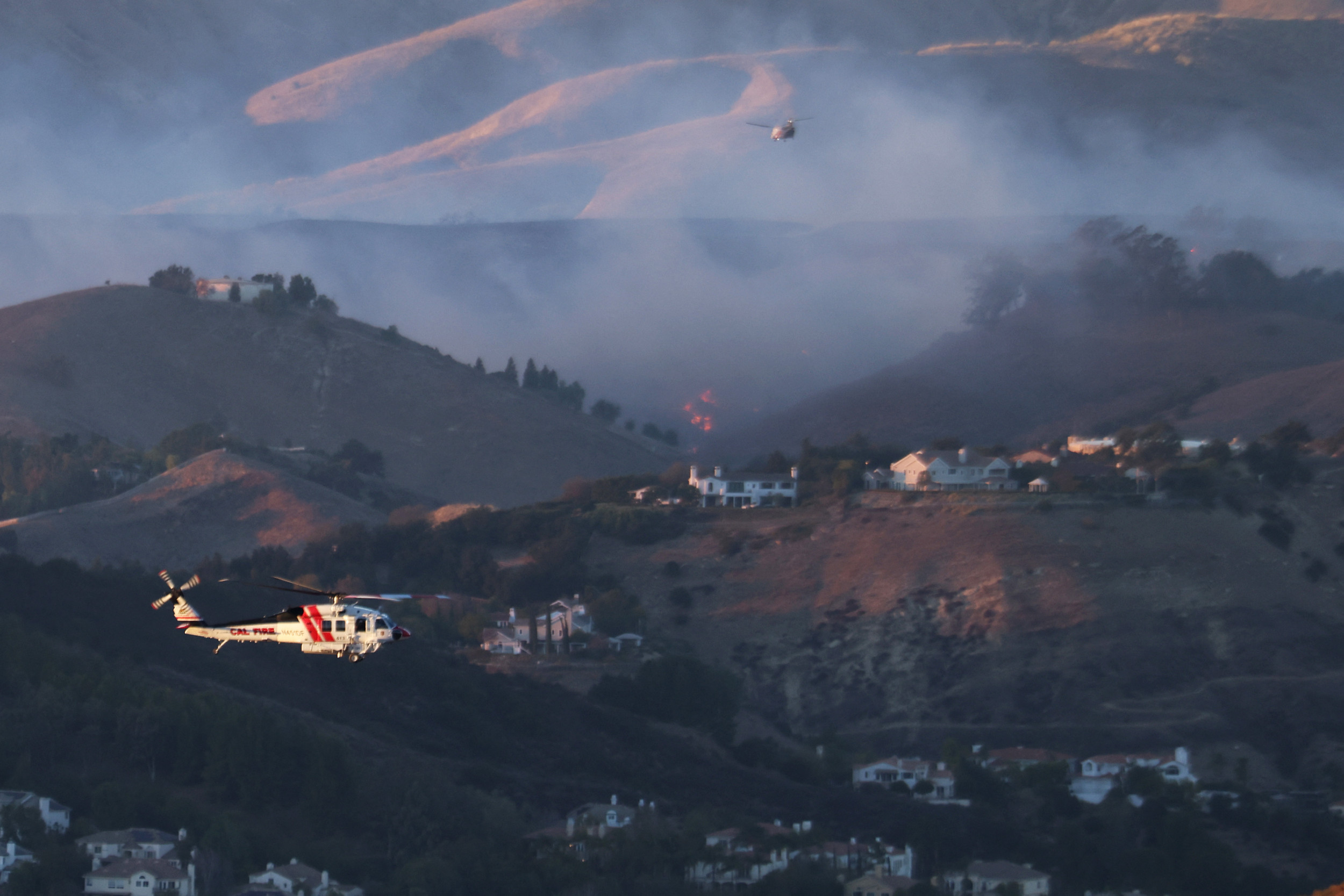
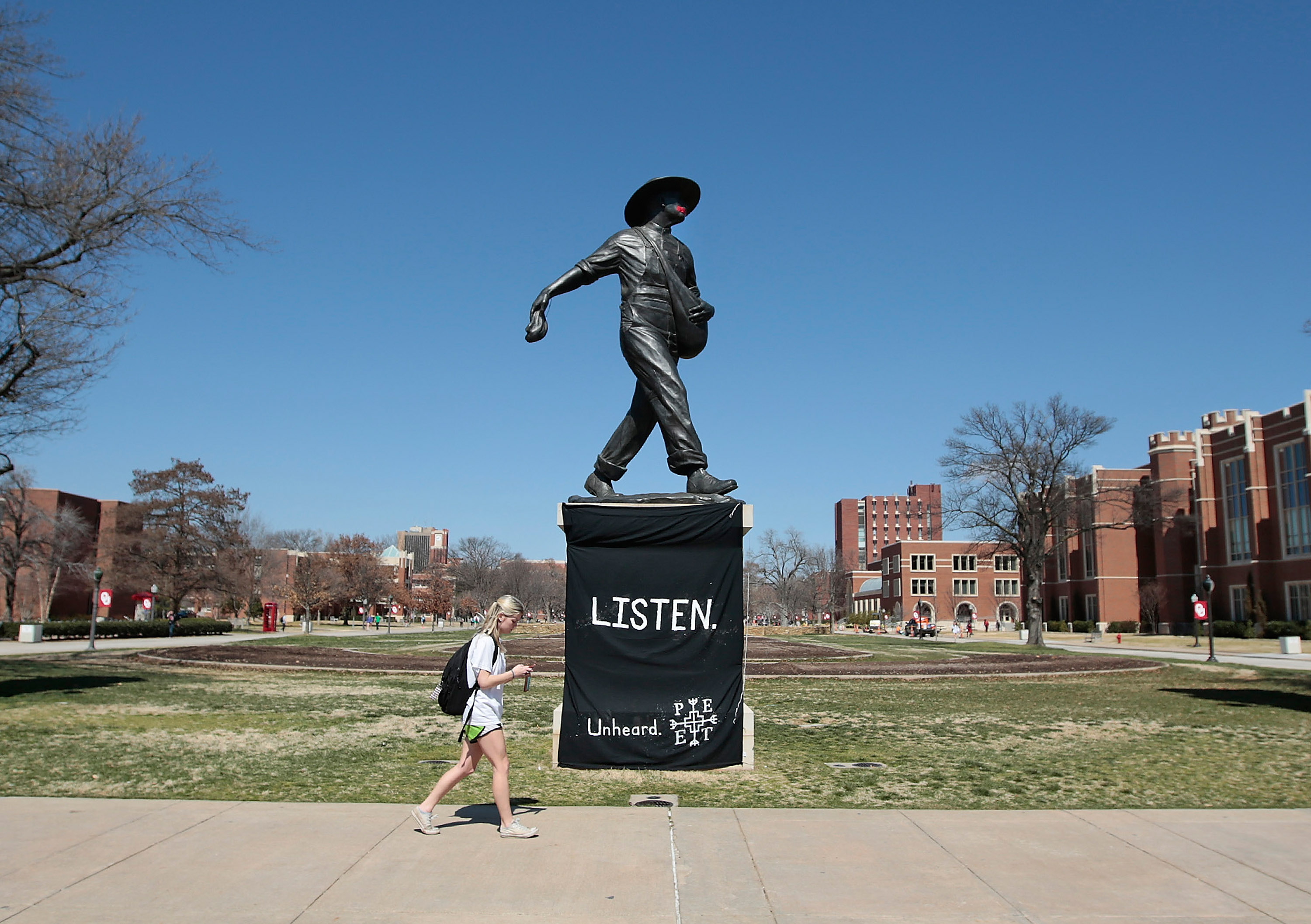


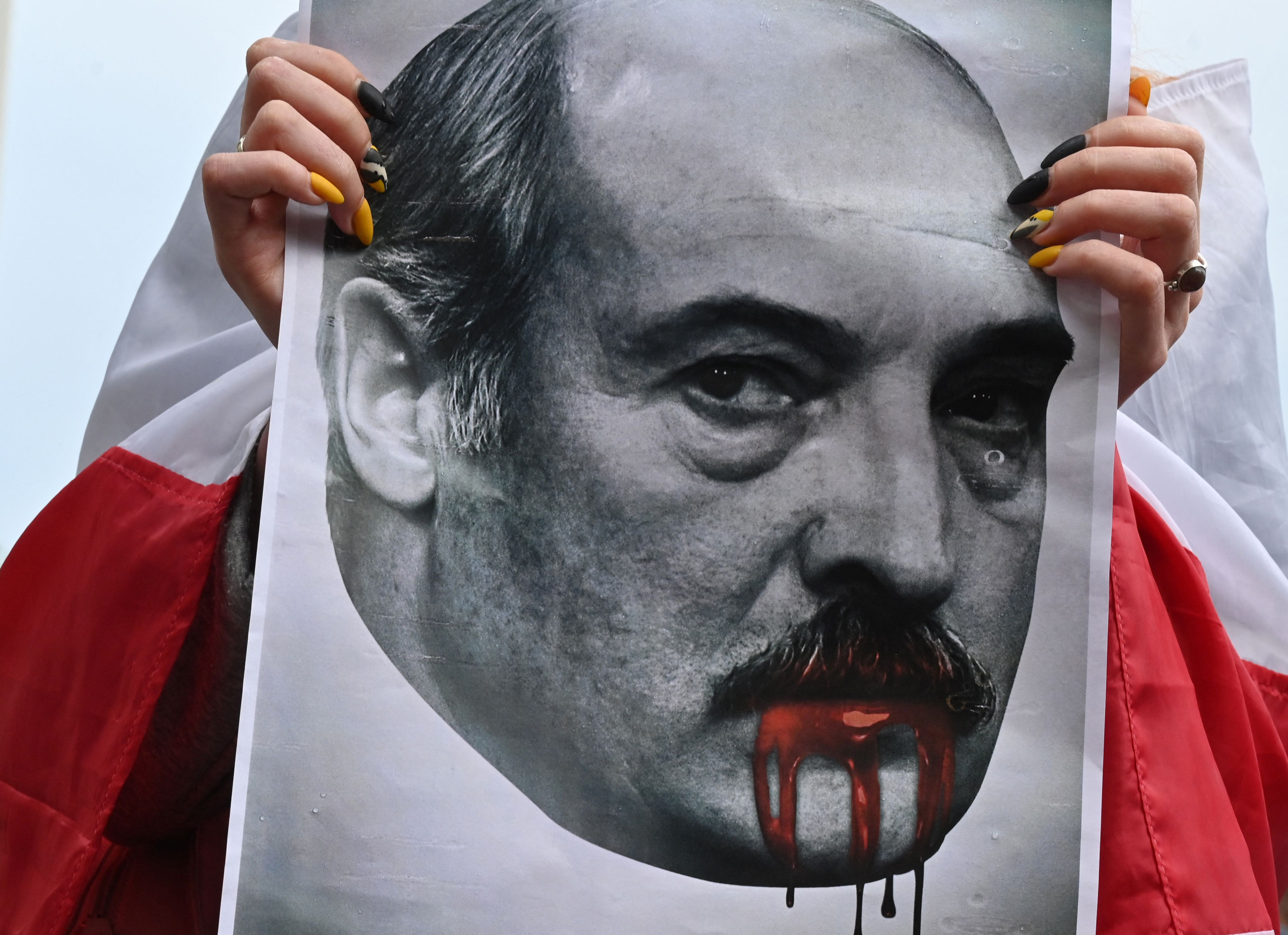



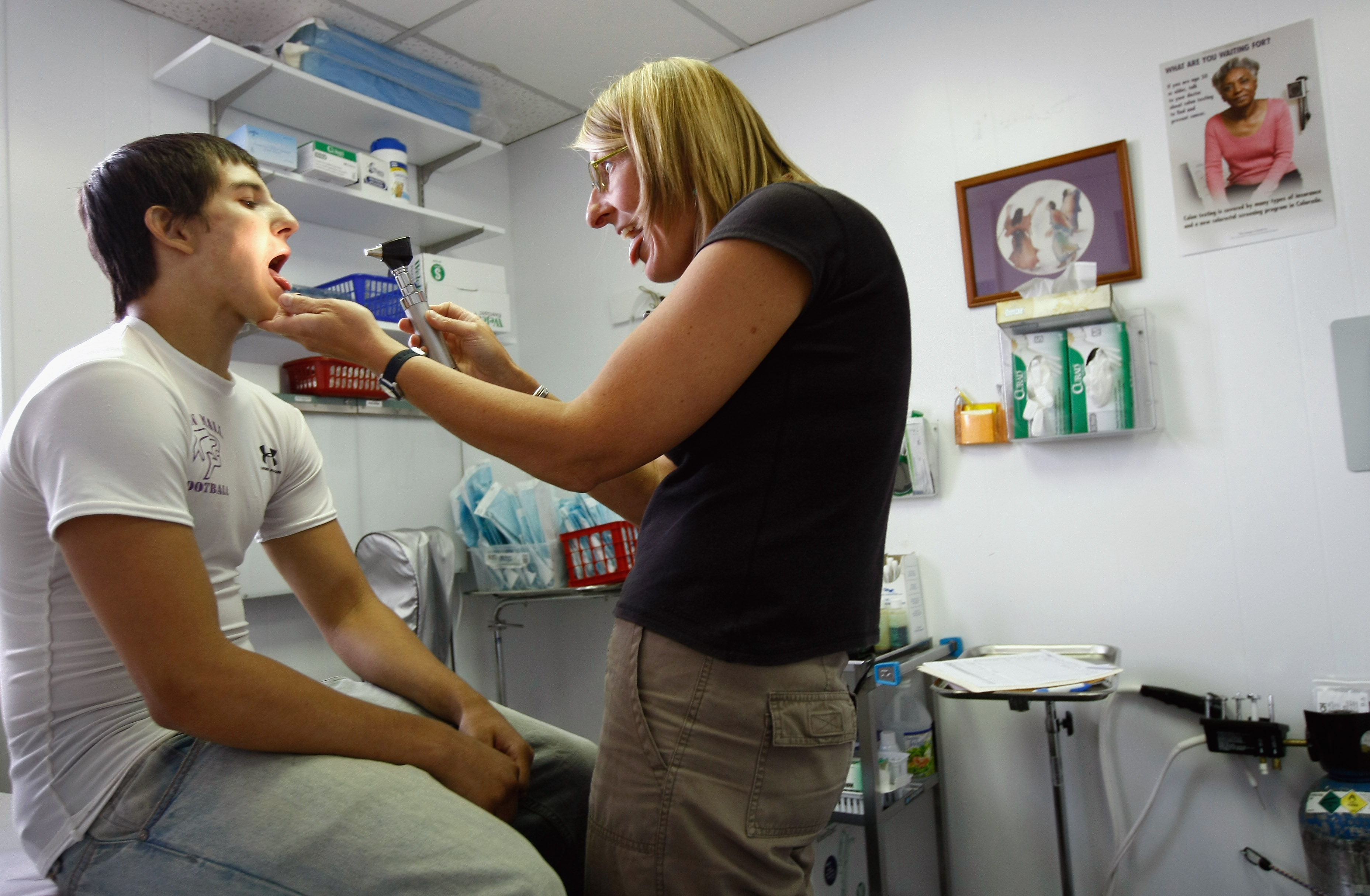
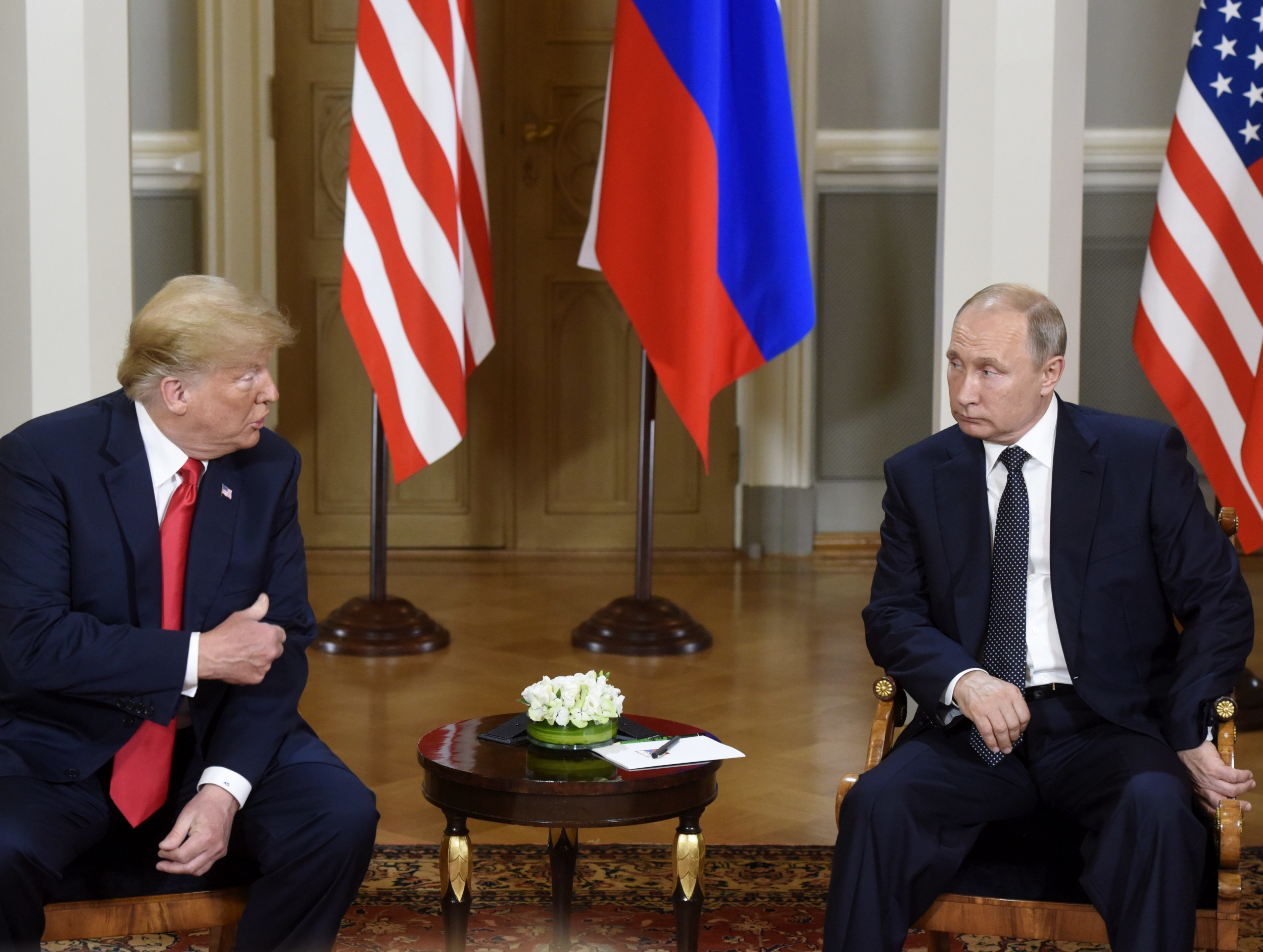










 English (US) ·
English (US) ·